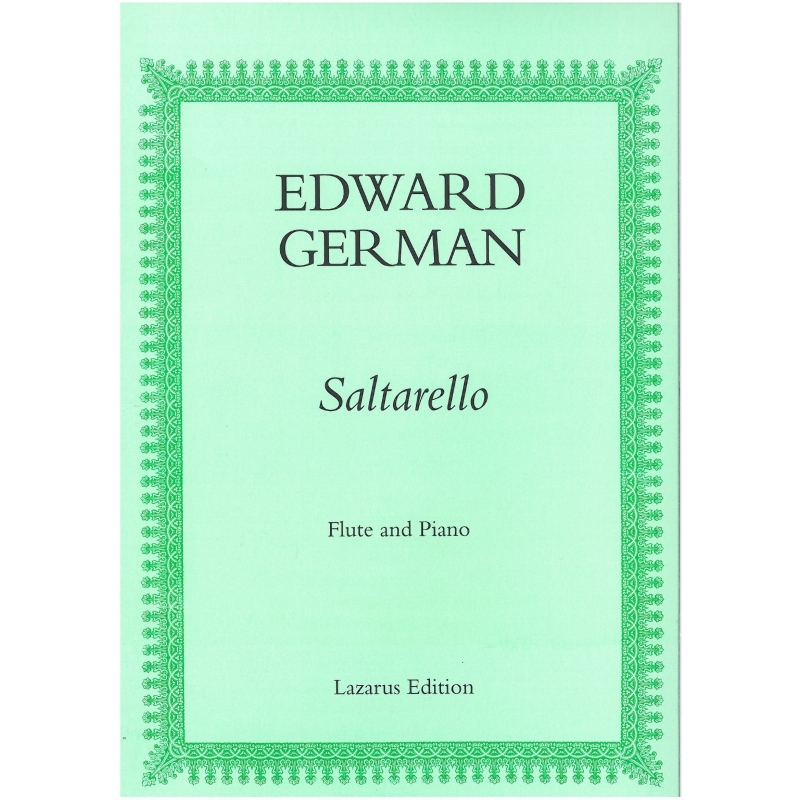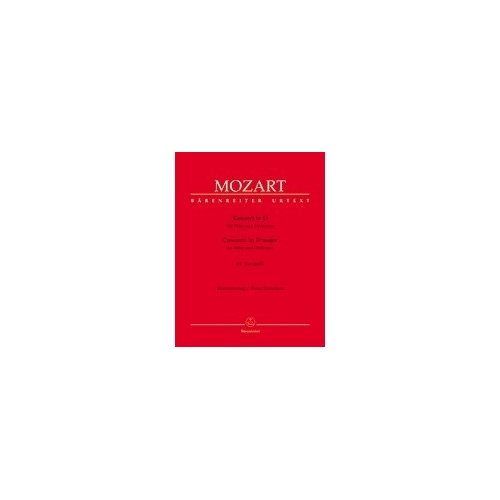



Although eventually overshadowed by that of his friend Elgar, Edward German's music, ranging from symphonies, suites and concert overtures to ballads and salon pieces, enjoyed great success in the later Victorian and Edwardian periods, He was also seen as the natural successor to Sullivan, completing the latter's last opera The Emerald Isle and composing his own masterpiece Merrie England for the Savoy Theatre in 1902.
Leaving the Royal Academy of Music in 1888 after seven years as student and sub-professor, German was first employed as musical director at the Globe Theatre under the management of Richard Mansfield, where he achieved widespread recognition as composer of the incidental music for Shakespeare(s Richard III. His next big project was to be the music for Richard Irving(s production of Henry VIII in 1892, but in the meantime the young man turned to the composition of instrumental pieces, including music for flute, oboe, clarinet and violin. Saltarello was published in 1889 and dedicated to his Academy friend Frederick Griffith, newly returned from a year in Paris where he had studied with Paul Taffanel.
The New Grove Dictionary tells us that the saltarello had its origins in the 15th century, but that a much later version of the dance, characterised by rapid, hopping steps, became popular in Italy towards the end of the eighteenth century. The rhythmic form became more generally familiar through Mendelssohn(s use of it in the finale of his Italian Symphony.
This edition follows that in the first series of the Flute Player(s Journal published by Rudall Carte and Co. The dynamics added to the original flute part are derived from the more detailed piano score, and inconsistencies have been, wherever possible, resolved.
© Colin Bradbury 2009

